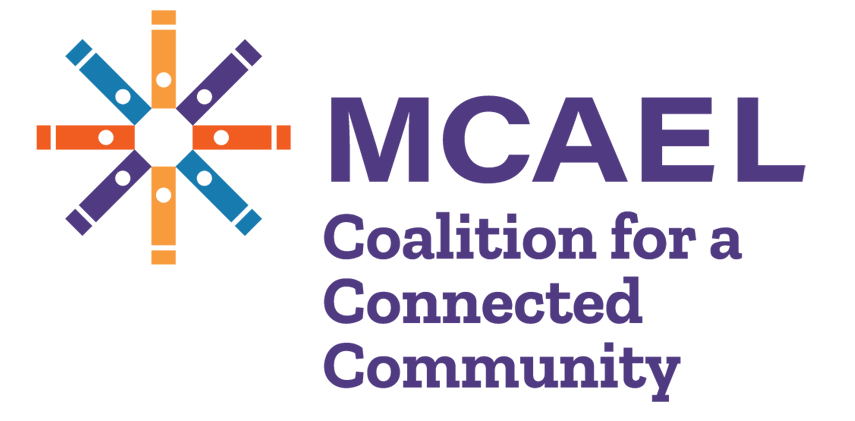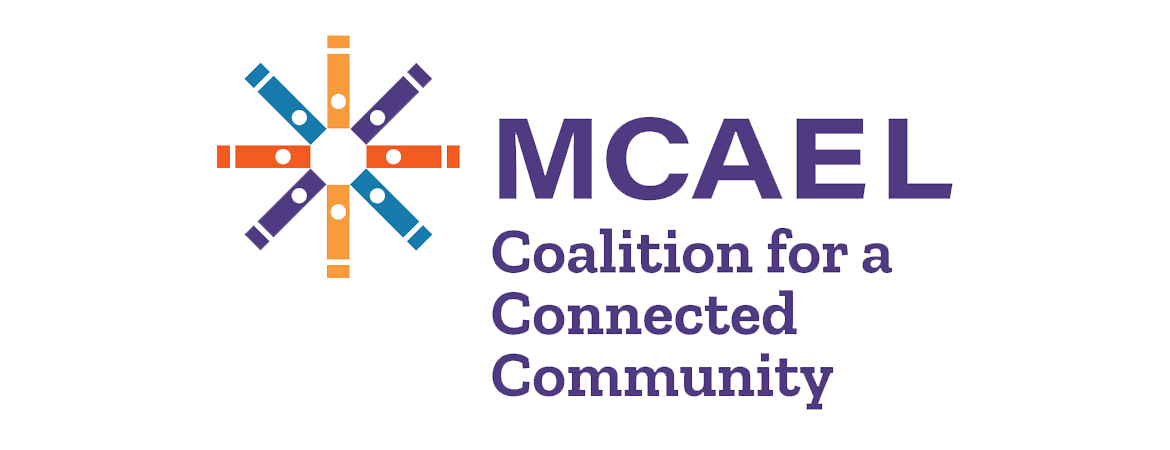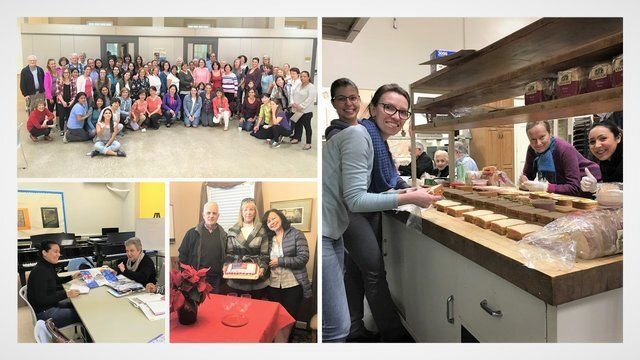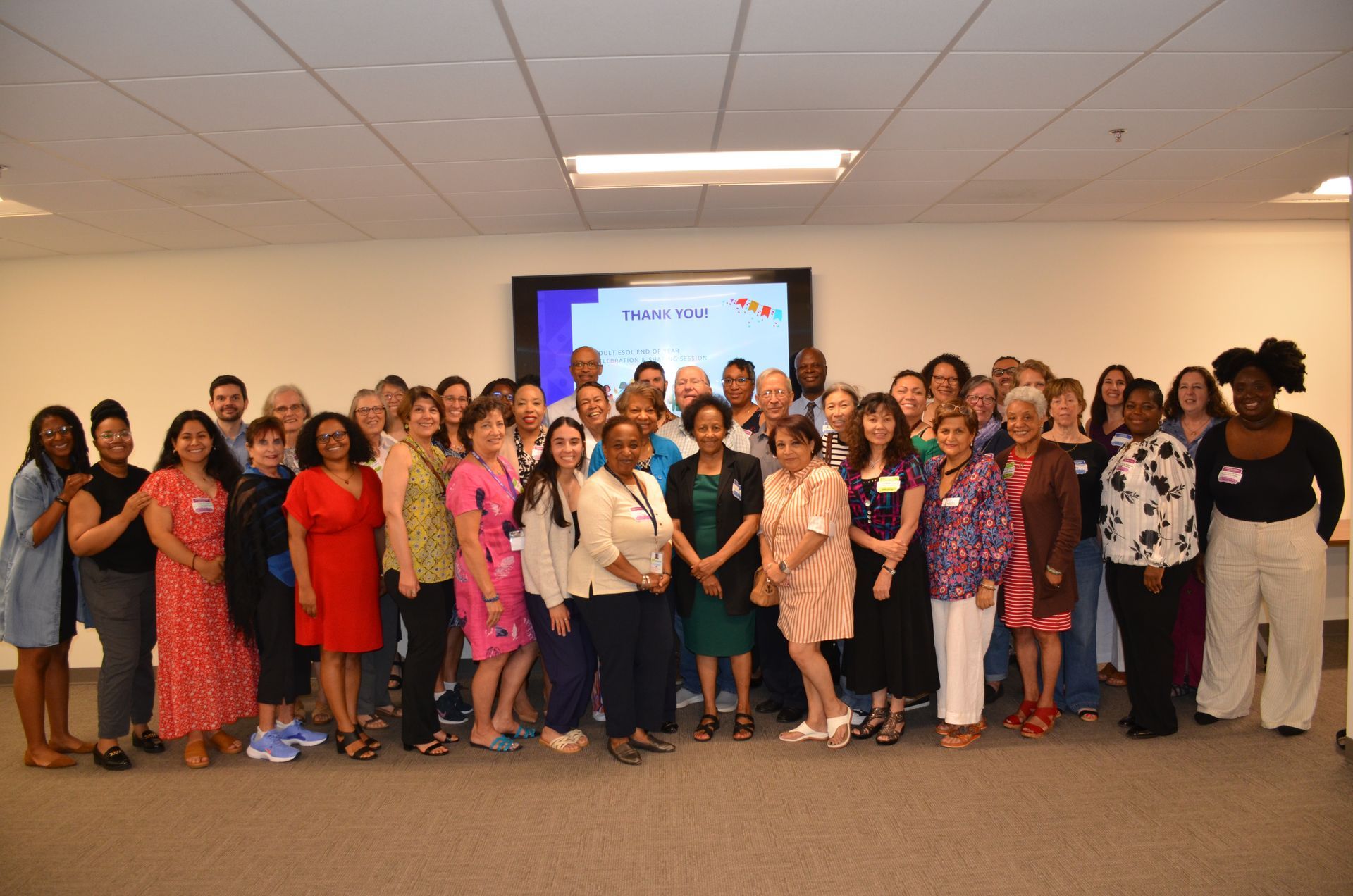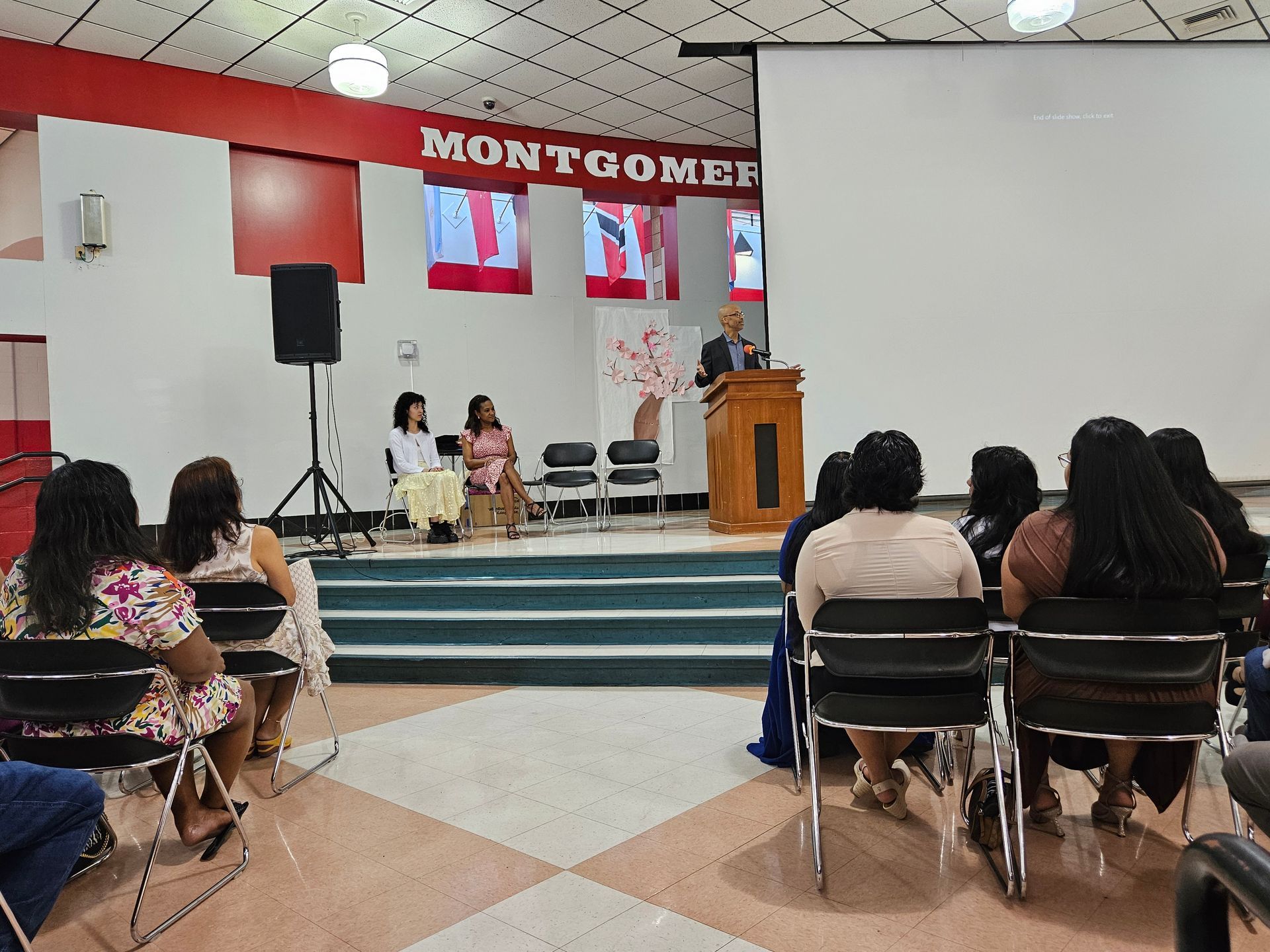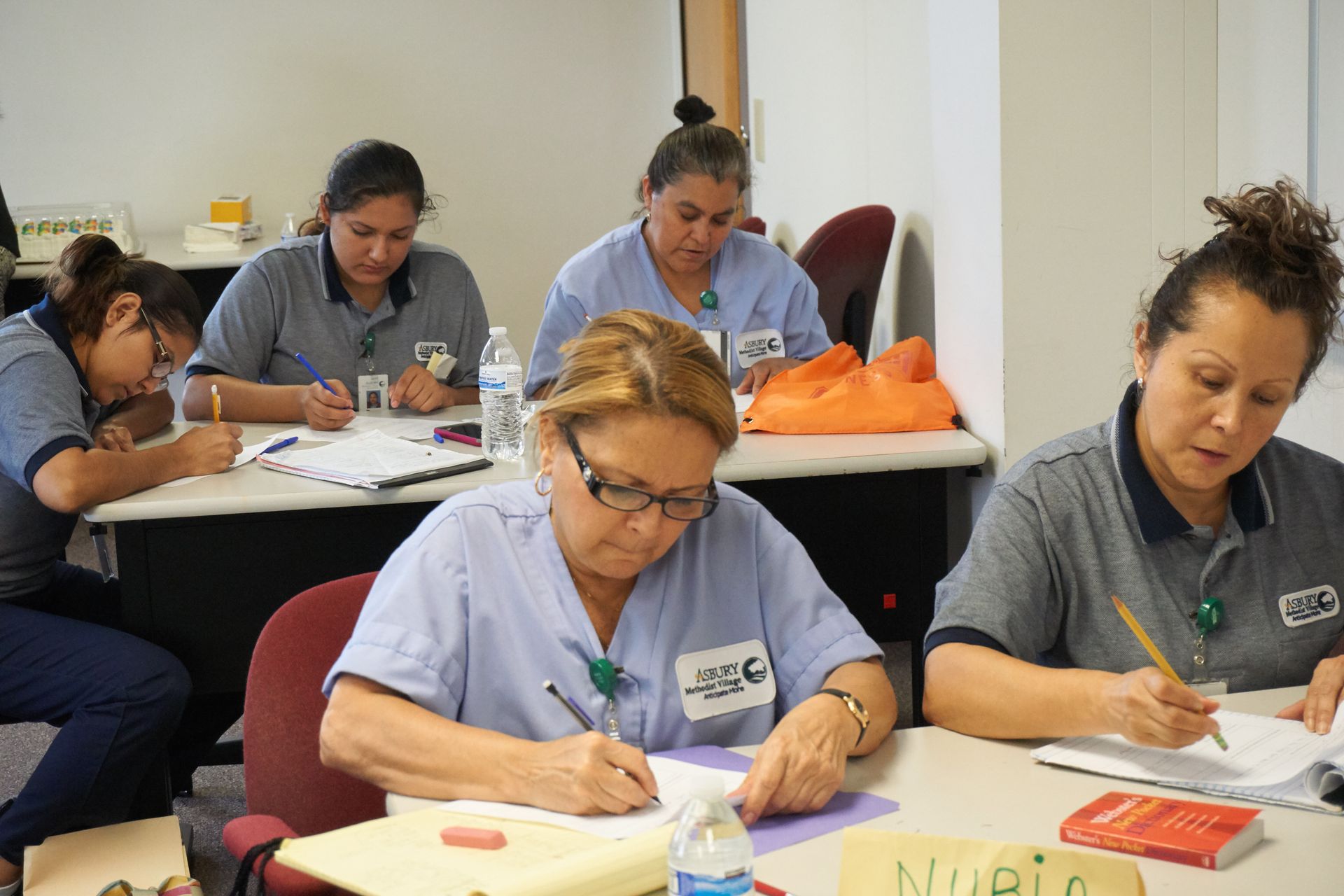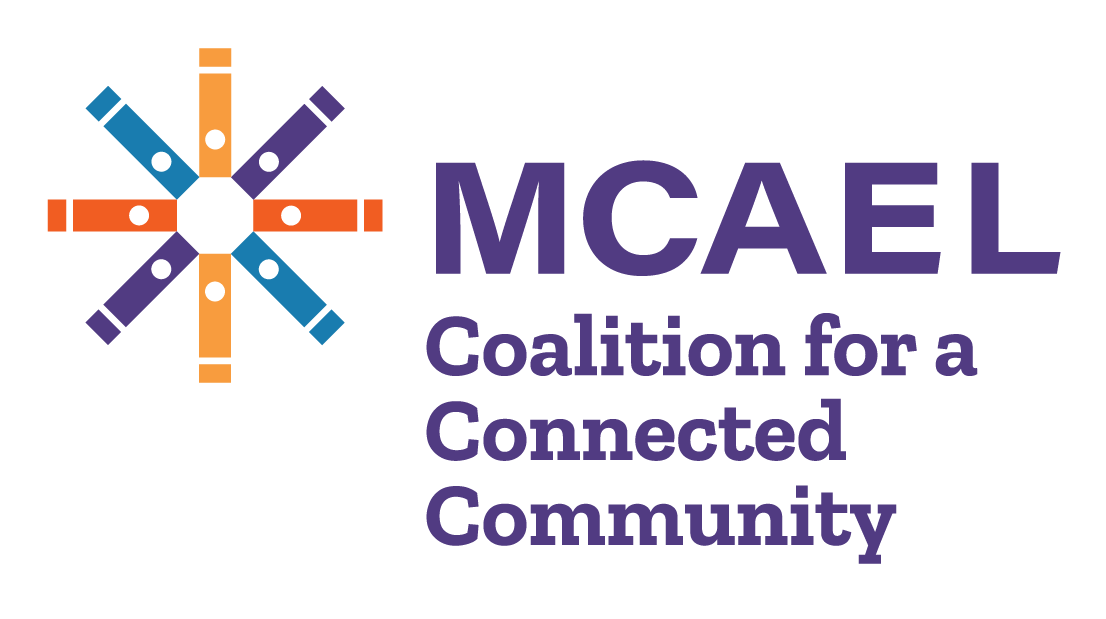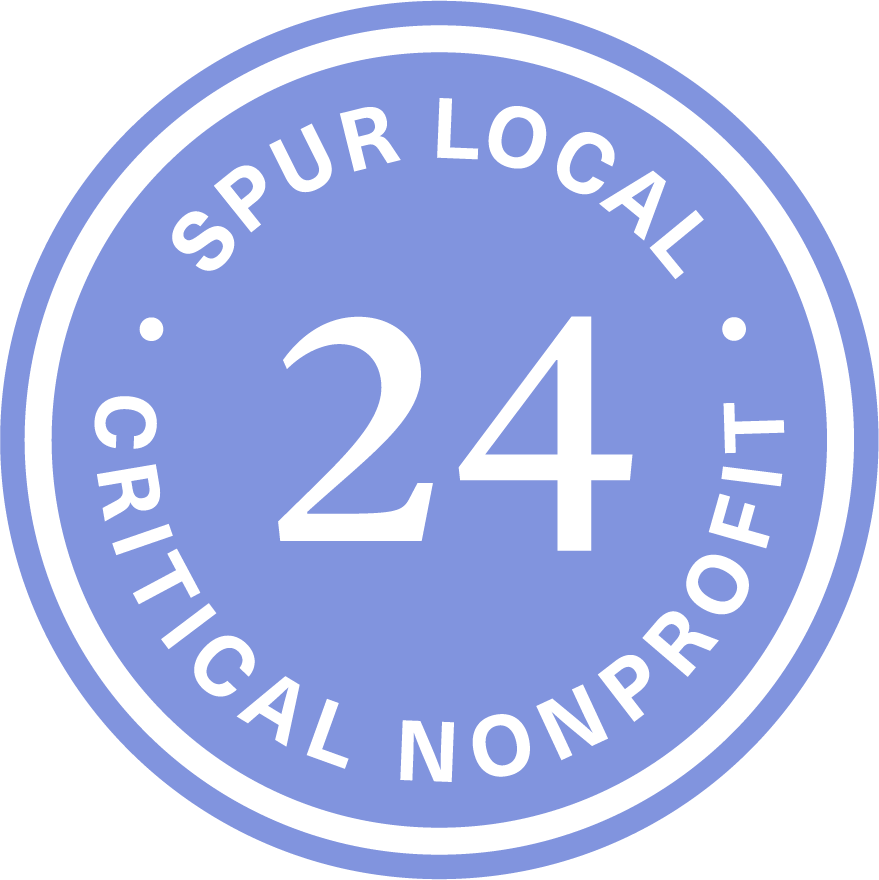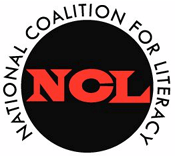By Gerard Etienne
•
June 17, 2025
This past Saturday, I was invited to speak at the Jewish Social Service Agency (JSSA)’s Learning English Together graduation ceremony – and what a wonderful event it was! The first thing that surprised me was the number of people in attendance: there were over 320 attendees, of which 146 were proud graduates. Even more impressive is the fact that there were another 150 graduates who did not attend the ceremony! But what stood out even more was how important this ceremony clearly was to so many of the learners. As a guest speaker, I joined the entrance procession and lined up with the graduates. The pride and excitement were palpable, not just among the learners, but among the instructors as well. Almost everyone was dressed up for the occasion. This was the first clue that these weren’t “just” English classes to the graduates—this was a meaningful milestone, a real achievement. As the ceremony progressed and certificates were awarded, several learners gave speeches. I found myself nearly in tears as I listened to them describe what learning English had meant in their lives. It would be easy to reduce ESOL classes to simply language instruction for immigrants—but these classes are so much more than that. They are a gateway to connection, self-expression, better jobs, and more education. They foster belonging, friendships, relationships, and a kind of freedom that only language can provide. For many learners, these classes are truly life-changing, as many of the student speakers described. And the fact that these classes were so meaningful to them is a testament to the care and quality of instruction that JSSA and its instructors have provided. As each speaker shared their story, I thought back to my own English-learning journey. I could relate strongly to their experiences: the feeling of isolation, the frustration of not being able to say the simplest things, the fear of picking up the phone, the avoidance and anxiety around engaging with others. And the feeling of sometimes being reduced to “someone who doesn’t speak English” – as if that’s all there was to me. Learning English is a way out of those limitations. It gives learners the chance to grow, to build relationships, and to show who they really are. Congratulations to the graduates!
